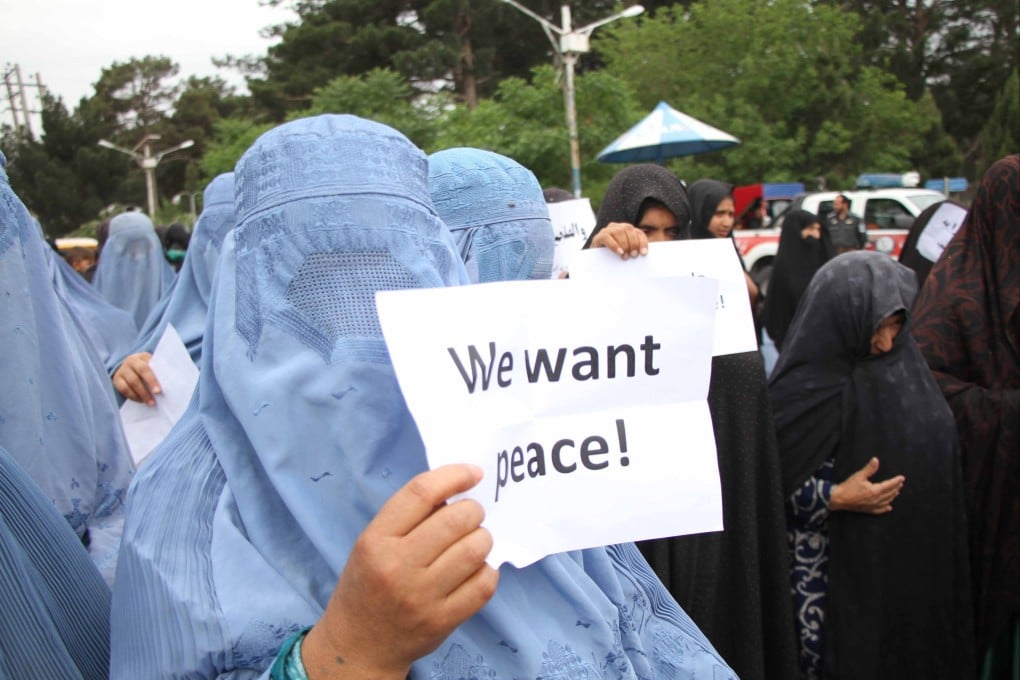Advertisement
Opinion | How the US withdrawal from Afghanistan raises China’s risk of jihadist attacks
- China faces some difficult decisions as the US and Nato withdrawal removes buffers against Islamic extremism and sources of stability for Chinese investment
- With the Taliban continuing to insist on an Islamic government, China’s approach must focus on moderating Taliban behaviour and improving border security
Reading Time:3 minutes
Why you can trust SCMP
23

Since the September 11 attacks in the United States, China’s Afghan policy has revolved around three pillars: the US exit; curtailing the growth of Uygur militants in the Afghanistan-Pakistan border region; and ensuring stability to expand its Belt and Road Initiative to Afghanistan. However, this might change abruptly with the US withdrawal.
The US exit is simultaneously good and bad news for China. On one hand, the strategic vacuum created will allow China to expand its influence in the region. On the other, the void will be too big to be filled by China alone. The unrest in Afghanistan could spill over into Xinjiang, notwithstanding the geographical barriers.
Arguably, the US withdrawal will generate intense strategic competition between China and Pakistan on one side and India on the other. Furthermore, the revival of the Taliban’s self-styled theocratic rule could deal a blow to Beijing’s policy of fighting the “three evil forces” of separatism, religious extremism and terrorism.
Advertisement
China has been critical of US policies such as drone strikes in Afghanistan, considering them a threat to its regional interests and national security. Paradoxically, though, the presence of the US and Nato has benefited China in three distinct ways.
First, it has served as a bulwark against Islamist extremism while allowing Beijing to stabilise Xinjiang through domestic counterterrorism efforts. The US exit will remove that buffer.
China shares a 90-kilometre border with Afghanistan through the Wakhan corridor, which abuts Xinjiang province. Greater instability on the western frontier when China is already concerned about border issues elsewhere will add to its worries.
Advertisement
Select Voice
Choose your listening speed
Get through articles 2x faster
1.25x
250 WPM
Slow
Average
Fast
1.25x

